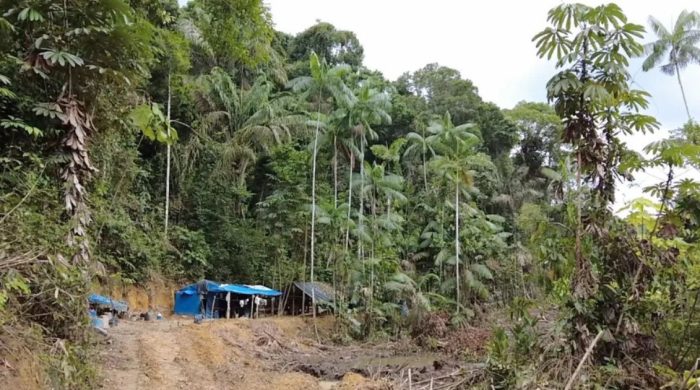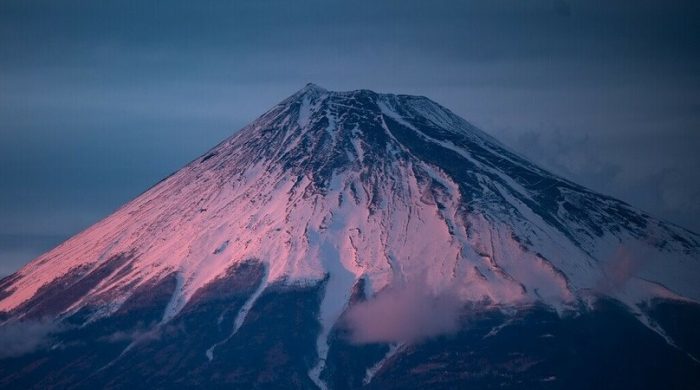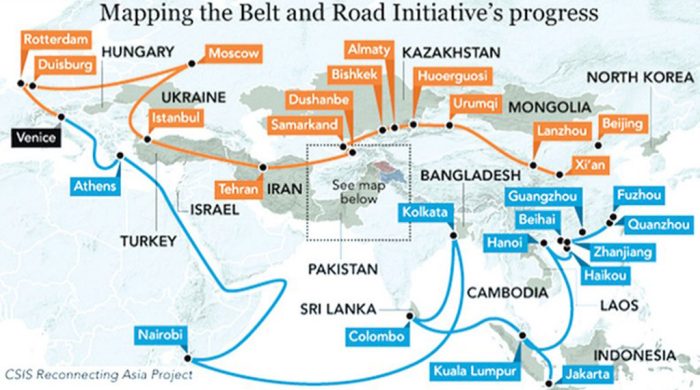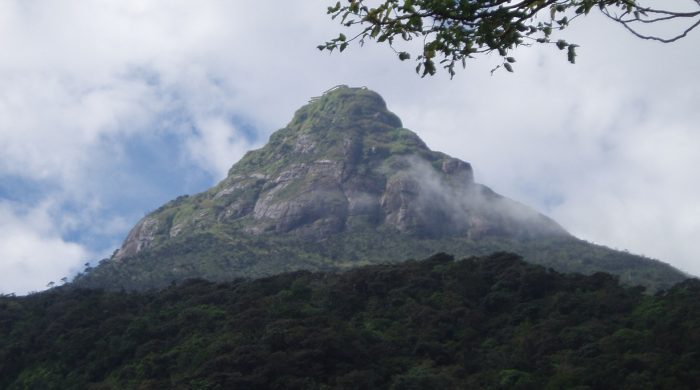Access denied: Scrambling for facts on Belarus border

- Update Time : Saturday, November 13, 2021
- 113 Time View

At a checkpoint near the Polish border, soft rock blared out from a patrol car blocking our path as the police radio channel sporadically burst into life.
This discordant din blared out to the freezing woodland where Europe’s newest crisis is unfolding – and where it is proving tough to establish hard facts and cut through all the noise.
That is because this bleak spectacle has so far been played out in an area from where journalists and aid agencies are being kept away.
It is perhaps unsurprising that Belarus’s authoritarian leader, Alexander Lukashenko, who is often noted as Europe’s last dictator, has been reluctant to allow independent observation of the conveyor belt of human misery he is accused of creating.
But EU member Poland is facing criticism for maintaining a state of emergency on its own border, blocking reporters and charities from entering the area.
Polish authorities say this is because it is not safe, a narrative that opposition politicians are challenging. Media freedom is after all one of the fundamental rights of the European Union.
Both sides are filling the on-the-ground vacuum from journalists with neatly produced social media posts, each alleging human rights violations by the other. Poland’s defence ministry is in an online battle, competing for retweets and views with the State Border Committee of the Republic of Belarus.
One example released on Friday exemplified this bizarre yet telling story of our times.
An official video posted by Warsaw showed Polish troops filming Belarusian troops across the barbed wire border, while they themselves filmed a group of children.
This same scenario is being narrated in two very different ways. The Minsk perspective is that this captures the compassion of Belarusian troops playing with kids. The Warsaw explanation is that this is more evidence of young migrants being manipulated for a shameful photo op.
It is often impossible to verify what exactly is happening in these state-sponsored social media volleys but they cannot be ignored. So we have used some in our reports while labelling who wants you to see them – a reminder this could be ammunition in a deepening propaganda war.
What is also different from earlier migrants crises is that the people at the very heart of what is happening are making their voices heard – and not through the prism of the media. At the start of this week’s surge to the border, there were Facebook lives, documenting what was happening on the ground.
Phone batteries appear to be running low in some cases now so that initial stream of images has subsided. But this material has been the predominant supply for international media trying to report on what’s happening.
Producer Bruno Boelpaep, cameraman Xav Vanpevenaege and I have had to use a variety of ways to explain a story which we were close to, but ultimately unable to reach.
We have filmed daily video calls with the likes of Aziz, an Iraqi Kurd scientist. He has been our virtual guide around the makeshift camps, showing us the border police, tents and the fires which provide warmth but also illuminate this depressing scene.
“We have no food. It’s so cold, nobody is doing anything,” Aziz said in his latest voice call with us, before explaining that he was hoping to move along the border soon in the hope of finding a way to Polish and EU soil.
What is happening in the forest between these two countries is creating geopolitical repercussions much further afield.
The US and six other UN Security Council members have condemned Belarus’s welcoming of migrants as an attempt to destabilise Europe, an accusation the EU has been levelling for months.
Russia has hit back, accusing Western powers of double standards and dismissed Poland’s claim that President Vladimir Putin is masterminding the chaos.
Moscow has very publicly logged on and joined the growing social media conflict, posting videos said to show two of its bombers patrolling Belarusian airspace – a show of solidarity and not-so-subtle show of strength.
On the ground, at the heart of where this crisis is developing, we found Urszula Zielinska, a Green MP trying to get her own message out with a colleague streaming live on their phones.
This was the checkpoint in the Bialowieza forest where messages from police HQ as well as hits from the 1990s reverberated from the patrol car.
She too, an elected MP, is forbidden from going into the restricted area.
“We’re facing a humanitarian crisis,” she told us. “The situation is definitely tough for Poland, no-one disputes that but we should be dealing with it in a humanitarian way in line with the Geneva Convention and European law, not pushing people back, not playing ping-pong with human beings which is actually happening now.”
That game of ping-pong is something we heard at first hand when we visited this area back in September and found a group of 10 men who had managed to cross the border and feared they were about to freeze to death.
They were from a variety of countries including Syria, Iraq, Nigeria, Cameron and Sri Lanka, and all described how Belarusian forces had stolen their phones and passports and led them to a discreet crossing before Polish forces beat them and pushed them back.
One man, Kelly from Nigeria, said both countries were kicking them back and forth like a football.
Belarus is accused of drawing thousands – mostly men – and deploying them as weapons of war – pawns in a cynical geopolitical game. Poland is accused of illegally pushing them back.
If this is indeed a macabre spectator sport, it is one played out far from public view but is being curated in a carefully calibrated way fo





















